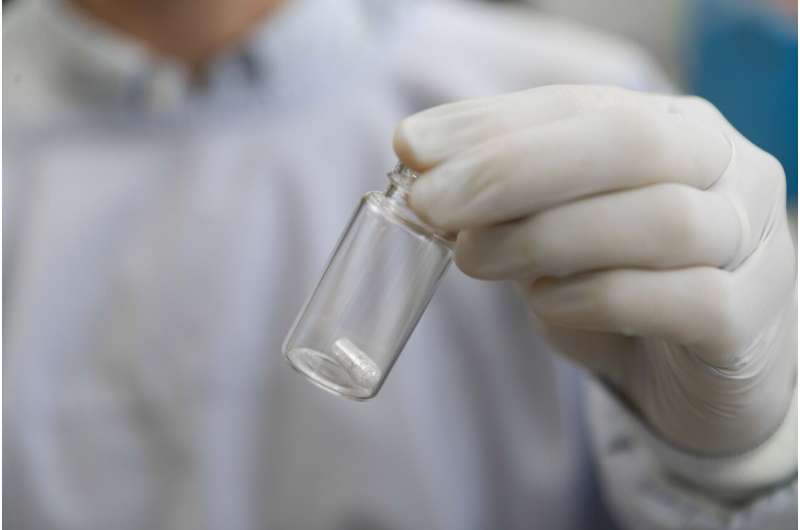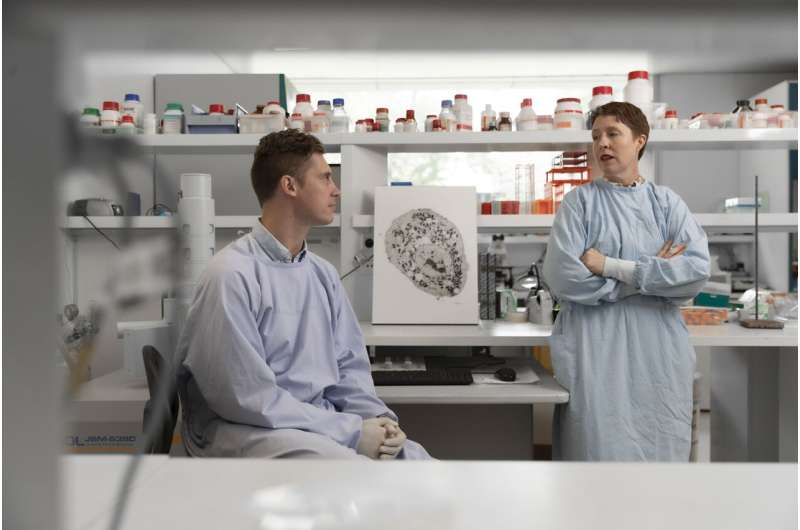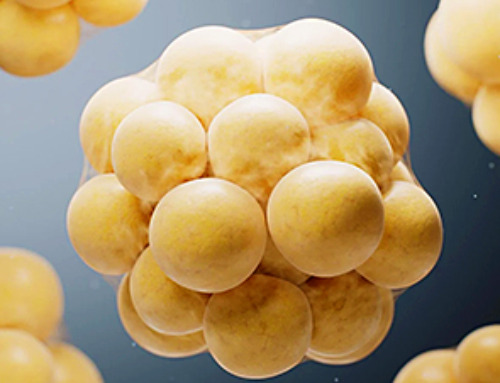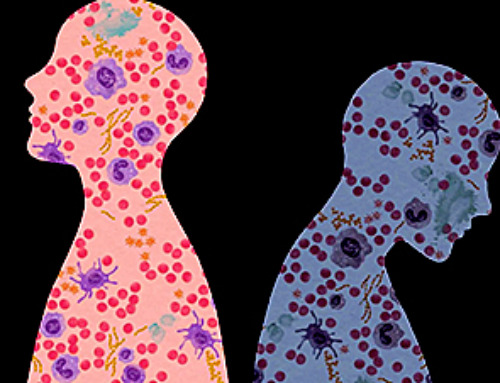An international team, led by researchers from Australia, have developed a system using nanotechnology that could allow people with diabetes to take oral insulin in the future. The researchers say the new insulin could be eaten by taking a tablet or even embedded within a piece of chocolate.
The new nano carrier, tested in mice, rats and baboon animal models, could help people with diabetes avoid side-effects linked to insulin injections such as hypoglycemia (a low blood sugar event, when too much insulin has been injected).
These animal studies have shown that the greatest strength of the nano-scale material is that it can react to the body’s blood sugar levels. The coating dissolves and releases the insulin when there is a high concentration of blood sugar and importantly does not release the insulin in low blood sugar environments.
The new oral insulin uses a type of nano-scale material that is 1/10,000th the width of a human hair. The material acts similarly to acid resistant coating on tablets, which protects it from being destroyed by stomach acid. But this new coating instead surrounds individual insulin molecules and becomes a “nano carrier”—acting like a courier to ferry insulin molecules in the body to the places it needs to act.
The findings are published in Nature Nanotechnology.
It is estimated 422 million people worldwide have diabetes, and approximately 75 million of these inject themselves with insulin daily. Around 1.5 million deaths are directly attributed to diabetes each year. In 2021, it was estimated more than 1.3 million Australians were living with diabetes.
Lead author Dr. Nicholas Hunt from the University of Sydney’s School of Medical Sciences in the Faculty of Medicine and Health, says the development of a safe and effective oral insulin has been a challenge since insulin was discovered over a century ago.

“A huge challenge that was facing oral insulin development is the low percentage of insulin that reaches the blood stream when given orally or with injections of insulin,” says Dr. Hunt, who is also a member of the University of Sydney Nano Institute and Charles Perkins Center.
“To address this, we developed a nano carrier that drastically increases the absorbance of our nano insulin in the gut when tested in human intestinal tissue.”
Preclinical testing in animal models found that, following ingestion, the nano insulin was able to control blood glucose levels without hypoglycemia or weight gain. There was also no toxicity.
“Our oral insulin has the added benefit of greatly reducing the risk of hypoglycemic episodes. For the first time we have developed an oral insulin that overcomes this major hurdle,” said Dr. Hunt.
Human trials are expected to start in 2025 led by the spin out company Endo Axiom Pty Ltd.
Endo Axiom Pty Ltd was founded by Professor Victoria Cogger, Professor David Le Couteur AO and Dr. Nicholas Hunt, after 20 years of research.
Dr. Hunt and his team were driven to develop oral insulin technology given it could help lighten the economic, health and well-being burden related to diabetes management for patients.

“We wanted to devote our time to develop successful oral insulin technology because we believe it will help people with diabetes have more control over their condition.”
Senior author Professor Victoria Cogger, director of The ANZAC Research Institute, said the development of oral insulin is the culmination of many years of scientific endeavor and collaboration.
“It’s wonderful to see our work published, supported by Endo Axiom and reaching clinical trials?—to be able to lead a change in the way we treat a disease that impacts so many people,” she said.
Professor Cogger said when her work first began on creating an oral insulin it was a purely scientific question, but then a family member became impacted by type 1 diabetes.
“Life is strange and along the way my family was impacted by a type 1 diabetes diagnosis, and I really started to understand the reality of what life is like on injectable insulin therapy.
“Having that lived experience has driven the project in many ways and created an impetus to improve life for all people living with diabetes. My hope is we can reduce the multi-faceted burden of diabetes through easily accessible oral insulin.”
More information: Nicholas J. Hunt et al, Oral nanotherapeutic formulation of insulin with reduced episodes of hypoglycaemia, Nature Nanotechnology (2024). DOI: 10.1038/s41565-023-01565-2
Journal information: Nature Nanotechnology
Provided by University of Sydney
News
This Simple Brain Exercise May Protect Against Dementia for 20 Years
A long-running study following thousands of older adults suggests that a relatively brief period of targeted brain training may have effects that last decades. Starting in the late 1990s, close to 3,000 older adults [...]
Scientists Crack a 50-Year Tissue Mystery With Major Cancer Implications
Researchers have resolved a 50-year-old scientific mystery by identifying the molecular mechanism that allows tissues to regenerate after severe damage. The discovery could help guide future treatments aimed at reducing the risk of cancer [...]
This New Blood Test Can Detect Cancer Before Tumors Appear
A new CRISPR-powered light sensor can detect the faintest whispers of cancer in a single drop of blood. Scientists have created an advanced light-based sensor capable of identifying extremely small amounts of cancer biomarkers [...]
Blindness Breakthrough? This Snail Regrows Eyes in 30 Days
A snail that regrows its eyes may hold the genetic clues to restoring human sight. Human eyes are intricate organs that cannot regrow once damaged. Surprisingly, they share key structural features with the eyes [...]
This Is Why the Same Virus Hits People So Differently
Scientists have mapped how genetics and life experiences leave lasting epigenetic marks on immune cells. The discovery helps explain why people respond so differently to the same infections and could lead to more personalized [...]
Rejuvenating neurons restores learning and memory in mice
EPFL scientists report that briefly switching on three “reprogramming” genes in a small set of memory-trace neurons restored memory in aged mice and in mouse models of Alzheimer’s disease to level of healthy young [...]
New book from Nanoappsmedical Inc. – Global Health Care Equivalency
A new book by Frank Boehm, NanoappsMedical Inc. Founder. This groundbreaking volume explores the vision of a Global Health Care Equivalency (GHCE) system powered by artificial intelligence and quantum computing technologies, operating on secure [...]
New Molecule Blocks Deadliest Brain Cancer at Its Genetic Root
Researchers have identified a molecule that disrupts a critical gene in glioblastoma. Scientists at the UVA Comprehensive Cancer Center say they have found a small molecule that can shut down a gene tied to glioblastoma, a [...]
Scientists Finally Solve a 30-Year-Old Cancer Mystery Hidden in Rye Pollen
Nearly 30 years after rye pollen molecules were shown to slow tumor growth in animals, scientists have finally determined their exact three-dimensional structures. Nearly 30 years ago, researchers noticed something surprising in rye pollen: [...]
NanoMedical Brain/Cloud Interface – Explorations and Implications. A new book from Frank Boehm
New book from Frank Boehm, NanoappsMedical Inc Founder: This book explores the future hypothetical possibility that the cerebral cortex of the human brain might be seamlessly, safely, and securely connected with the Cloud via [...]
How lipid nanoparticles carrying vaccines release their cargo
A study from FAU has shown that lipid nanoparticles restructure their membrane significantly after being absorbed into a cell and ending up in an acidic environment. Vaccines and other medicines are often packed in [...]
New book from NanoappsMedical Inc – Molecular Manufacturing: The Future of Nanomedicine
This book explores the revolutionary potential of atomically precise manufacturing technologies to transform global healthcare, as well as practically every other sector across society. This forward-thinking volume examines how envisaged Factory@Home systems might enable the cost-effective [...]
A Virus Designed in the Lab Could Help Defeat Antibiotic Resistance
Scientists can now design bacteria-killing viruses from DNA, opening a faster path to fighting superbugs. Bacteriophages have been used as treatments for bacterial infections for more than a century. Interest in these viruses is rising [...]
Sleep Deprivation Triggers a Strange Brain Cleanup
When you don’t sleep enough, your brain may clean itself at the exact moment you need it to think. Most people recognize the sensation. After a night of inadequate sleep, staying focused becomes harder [...]
Lab-grown corticospinal neurons offer new models for ALS and spinal injuries
Researchers have developed a way to grow a highly specialized subset of brain nerve cells that are involved in motor neuron disease and damaged in spinal injuries. Their study, published today in eLife as the final [...]
Urgent warning over deadly ‘brain swelling’ virus amid fears it could spread globally
Airports across Asia have been put on high alert after India confirmed two cases of the deadly Nipah virus in the state of West Bengal over the past month. Thailand, Nepal and Vietnam are among the [...]





















